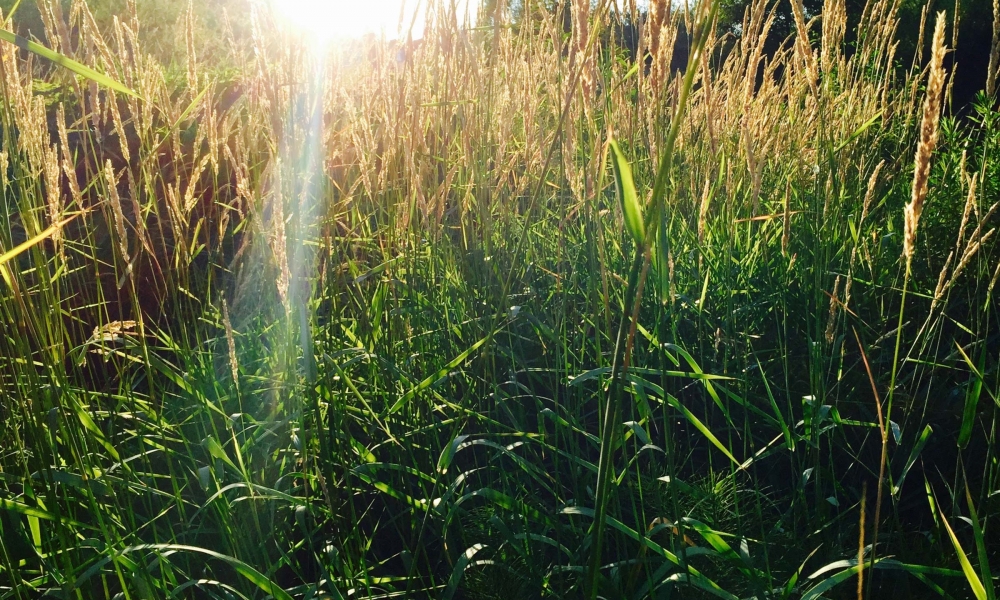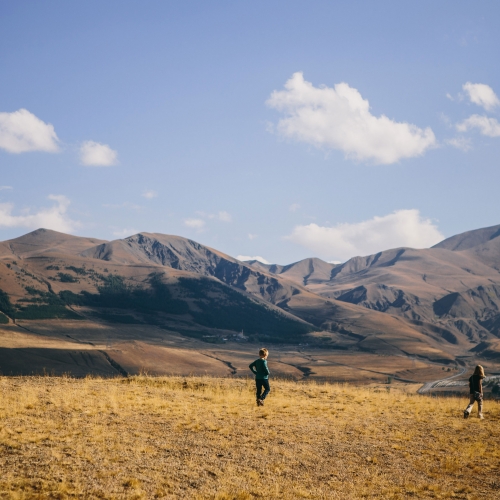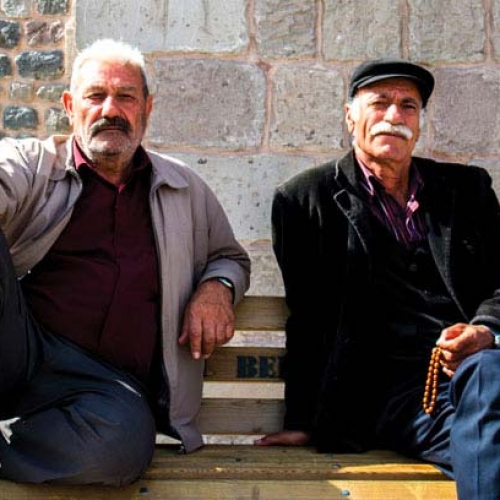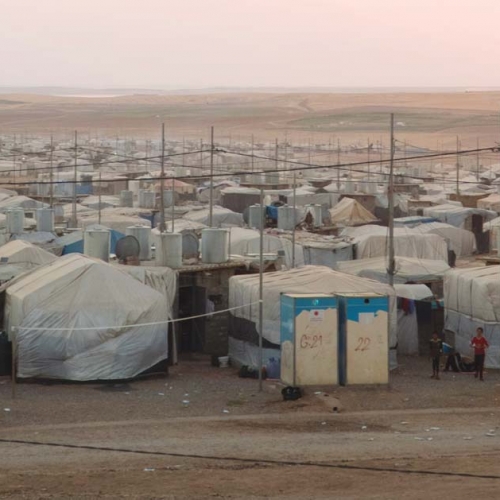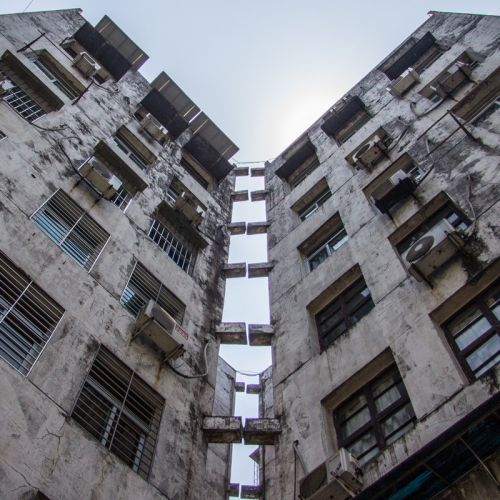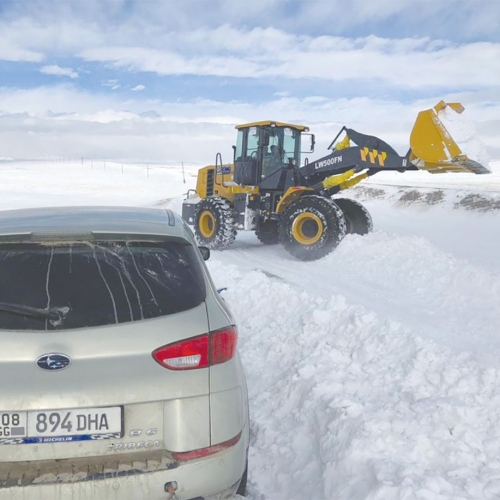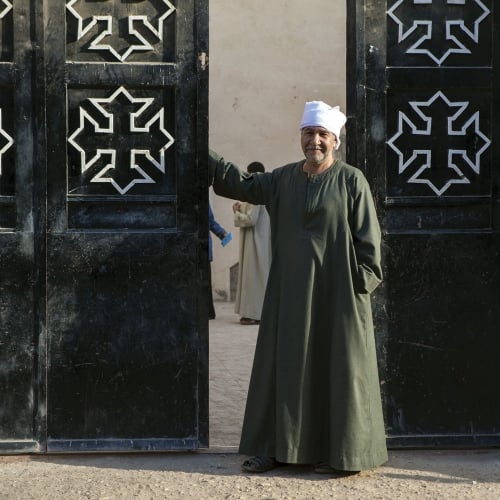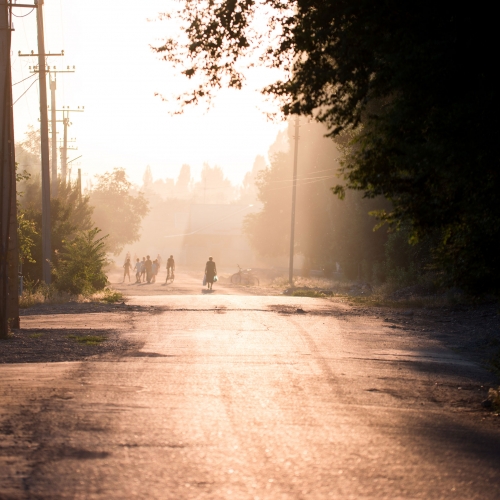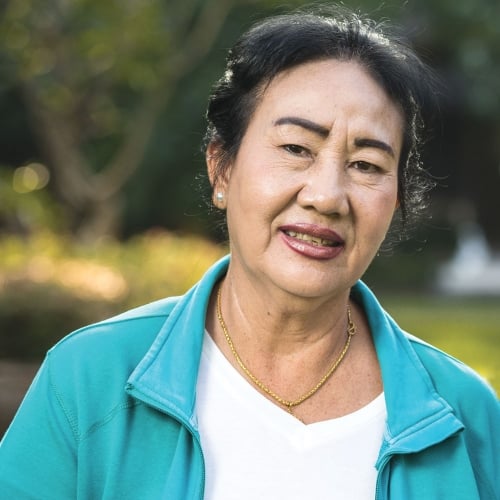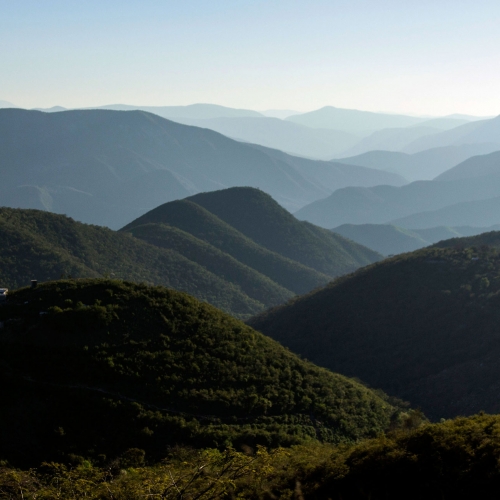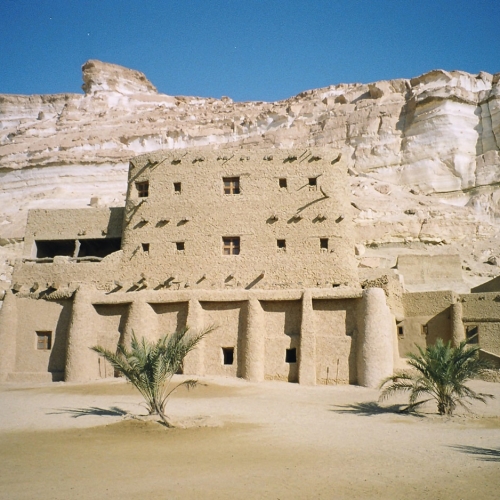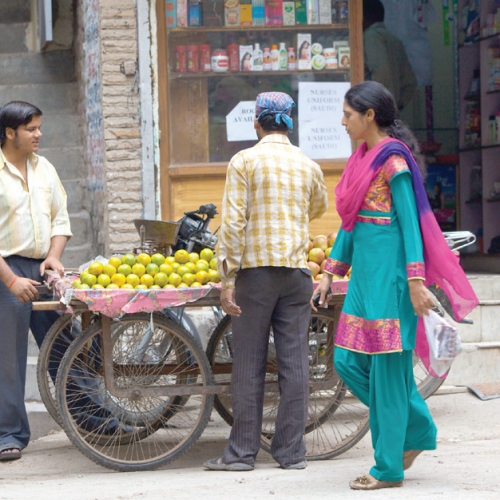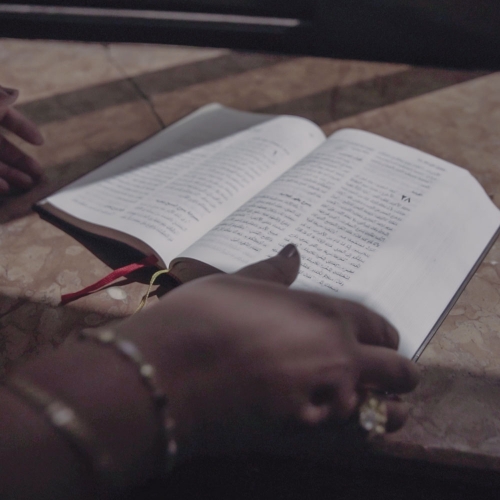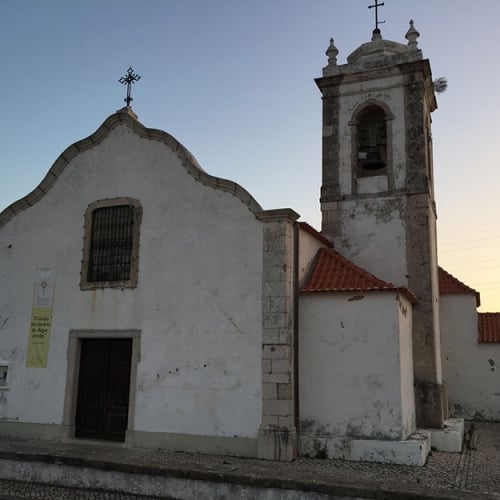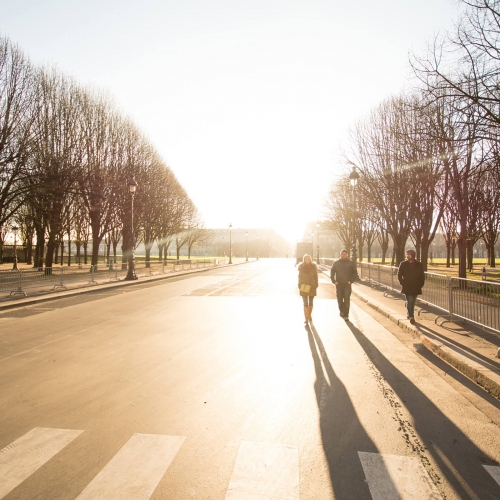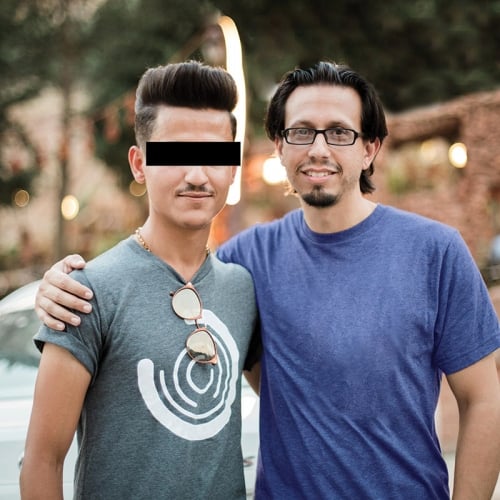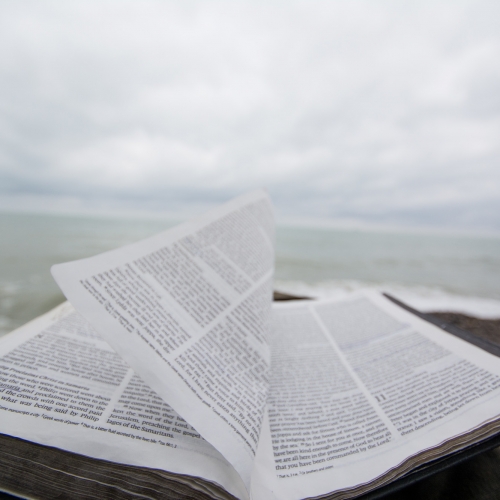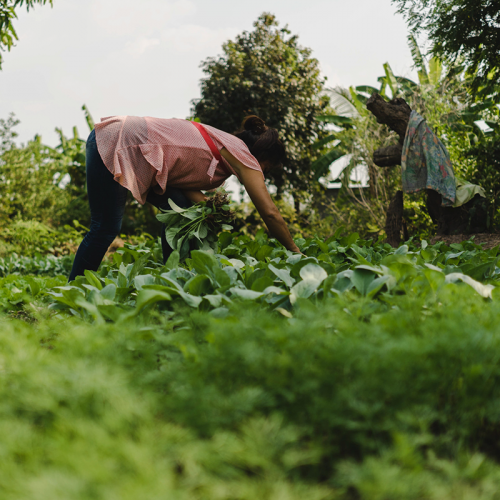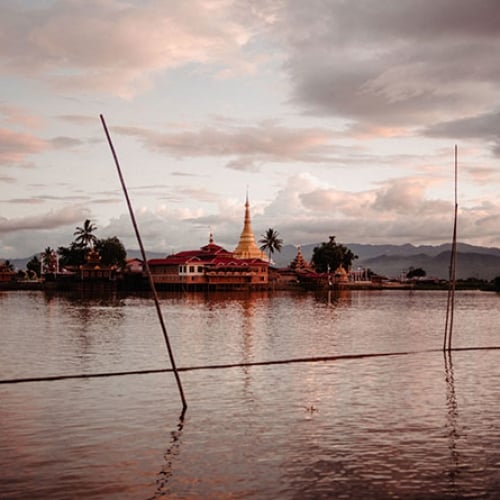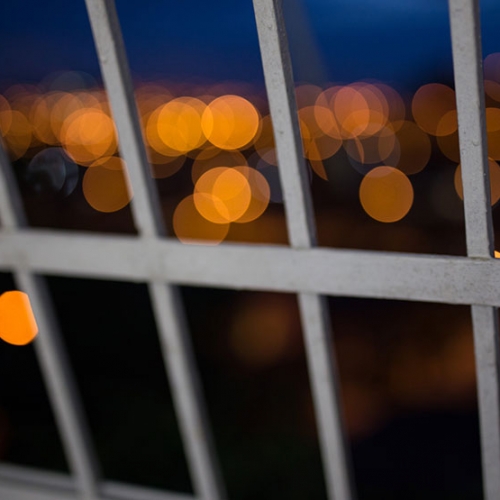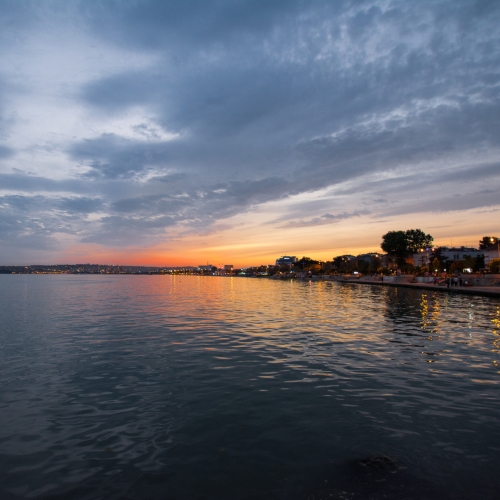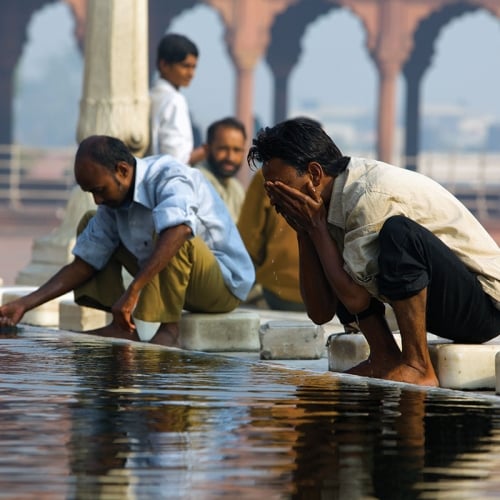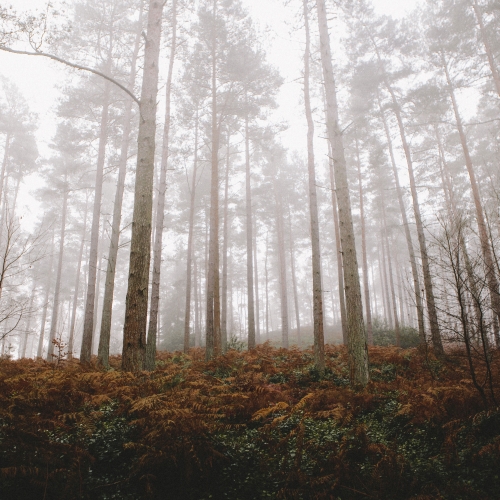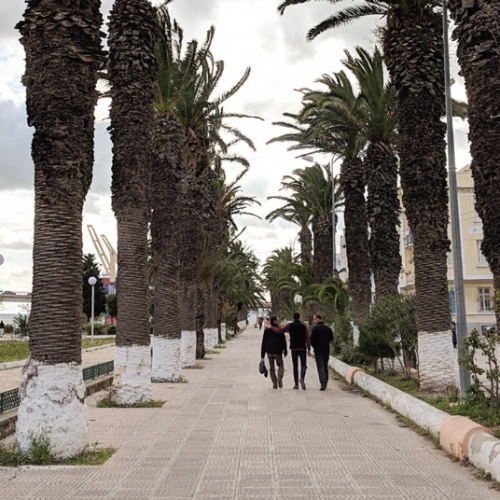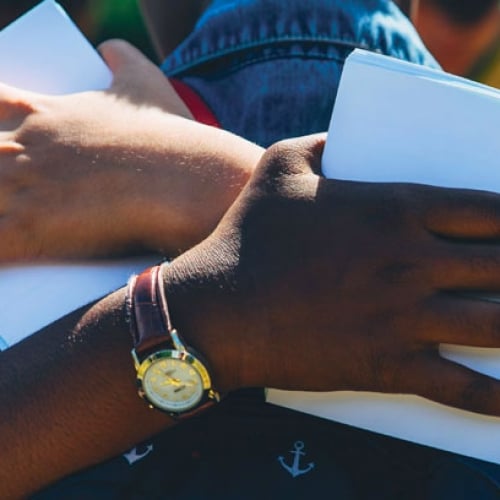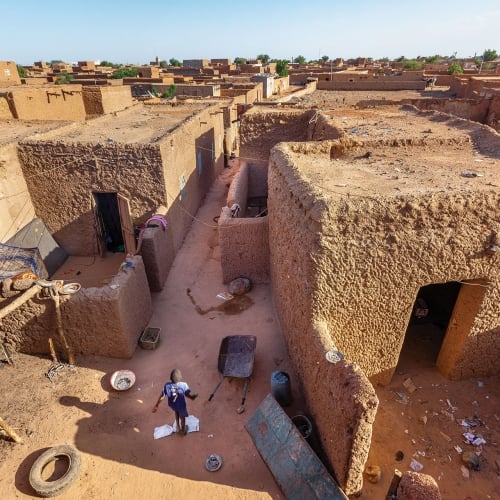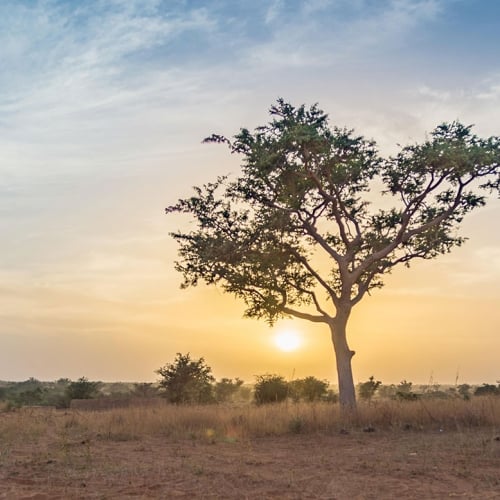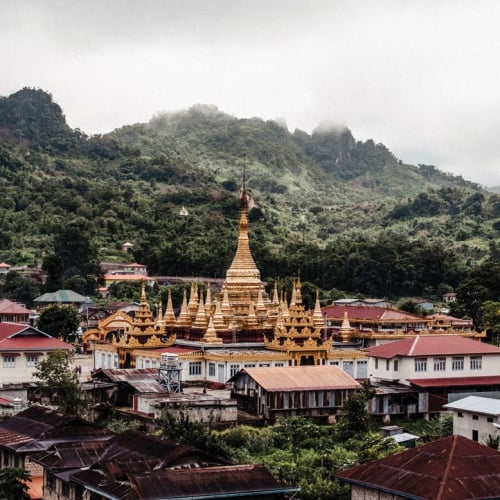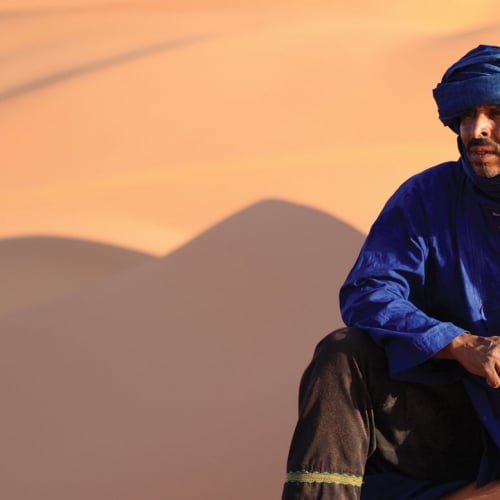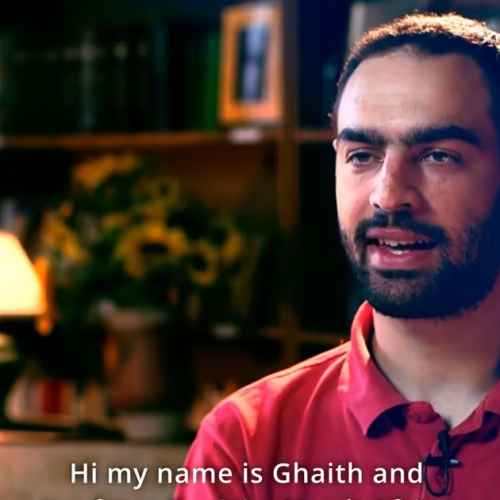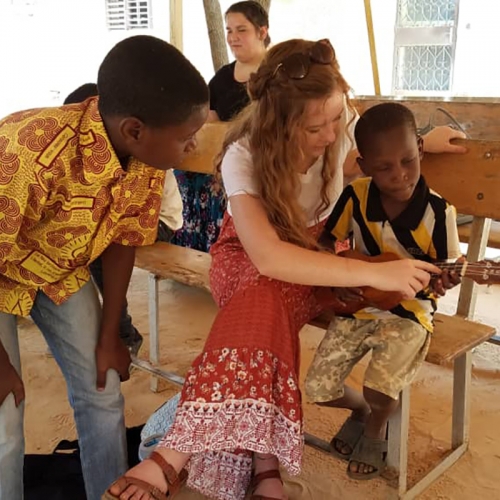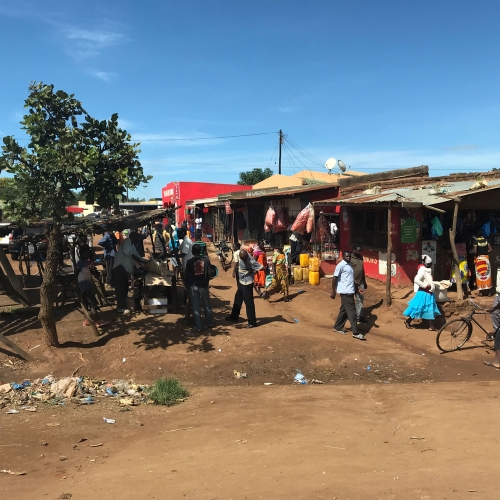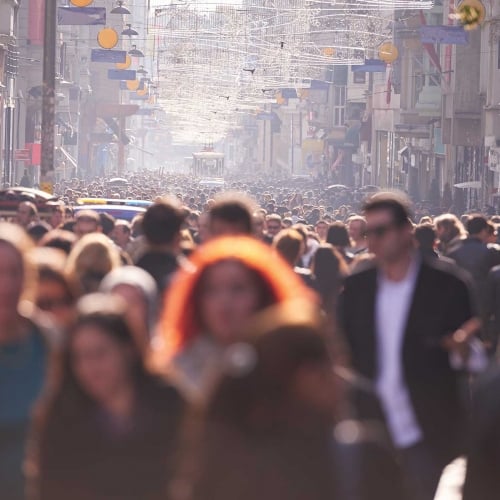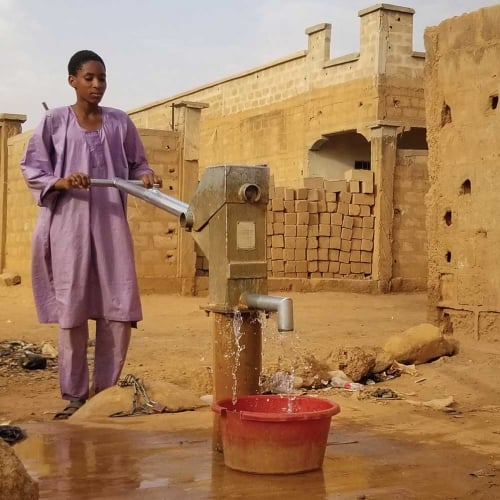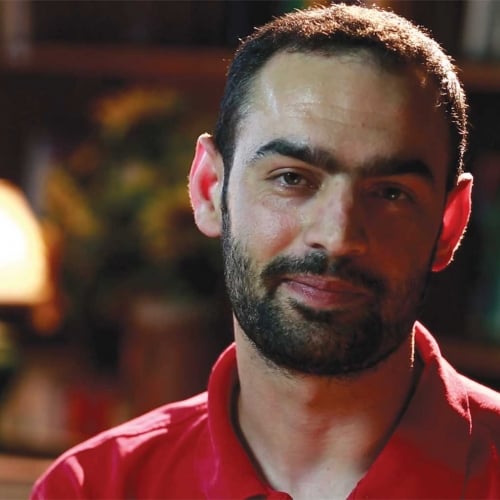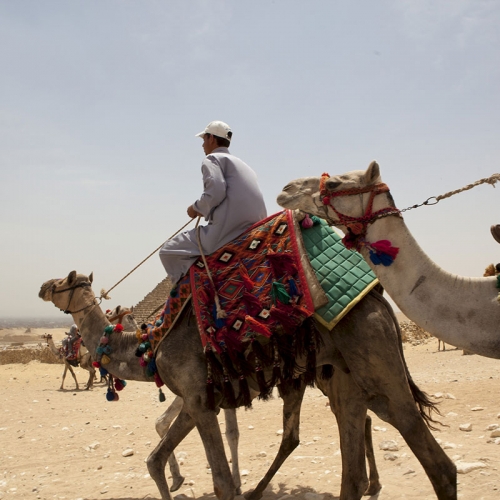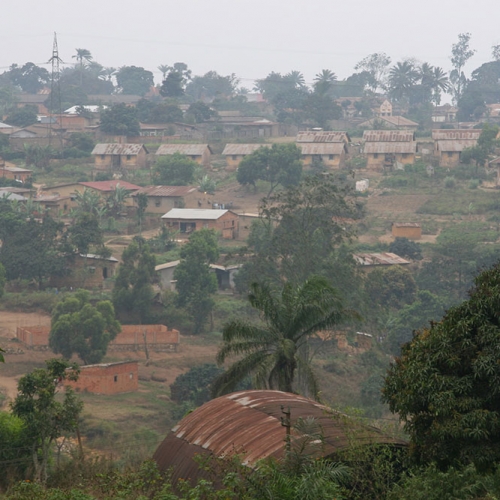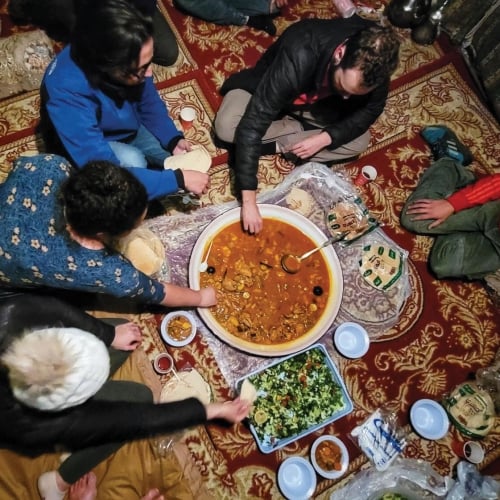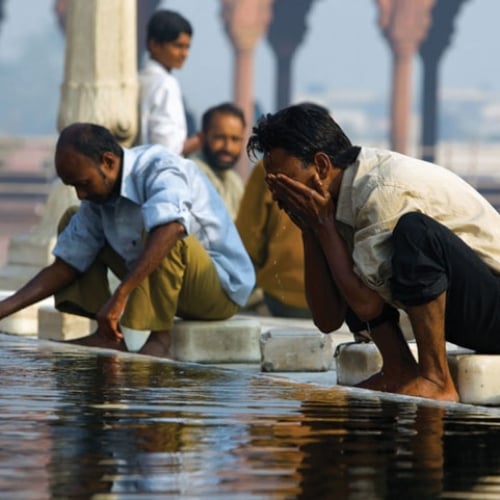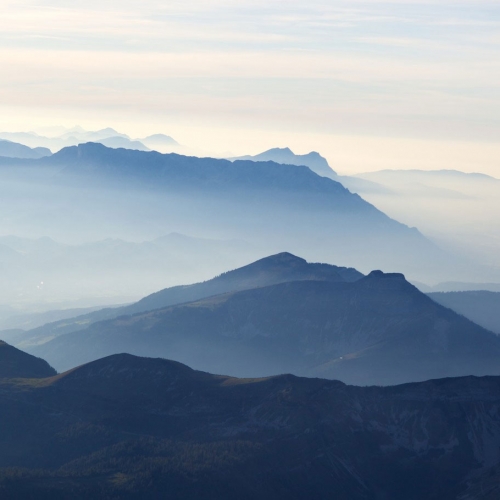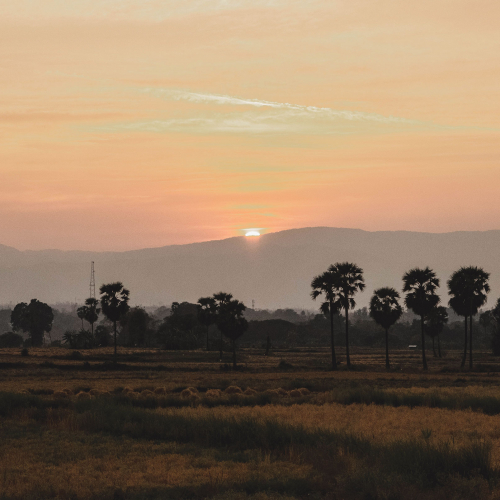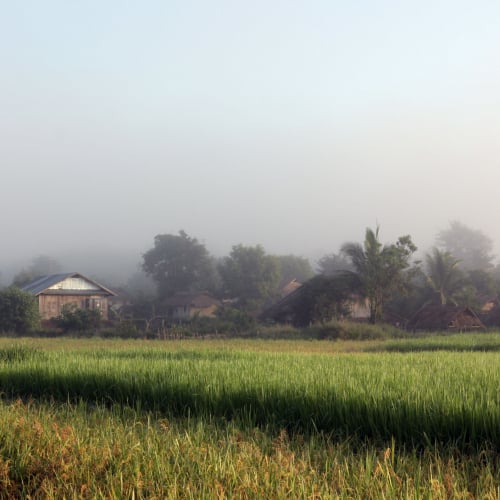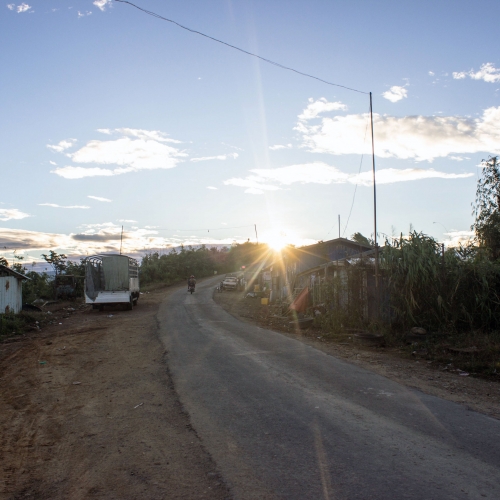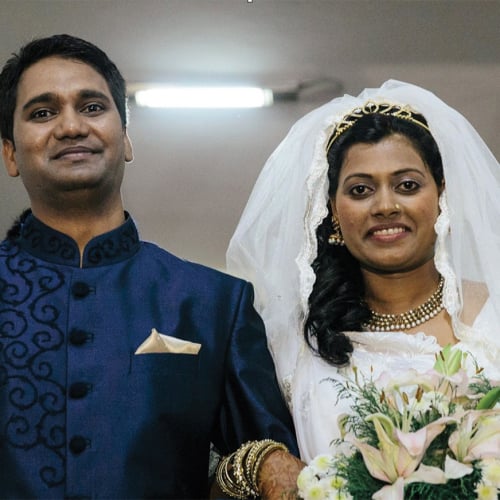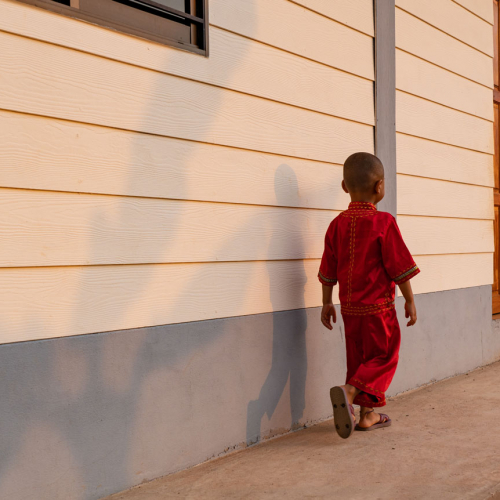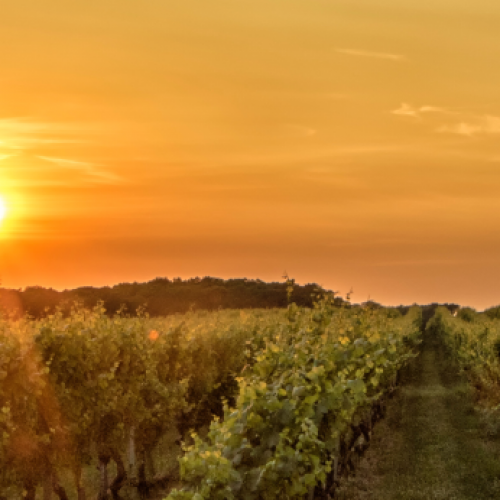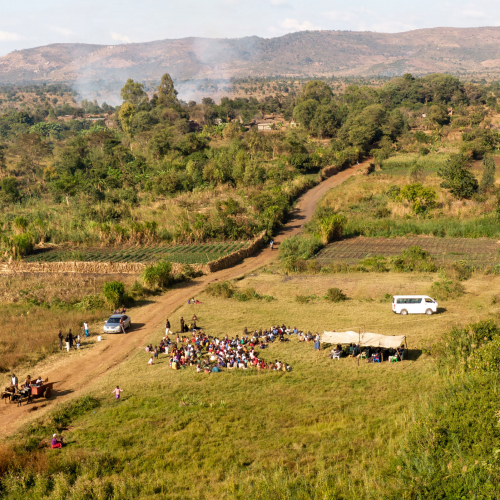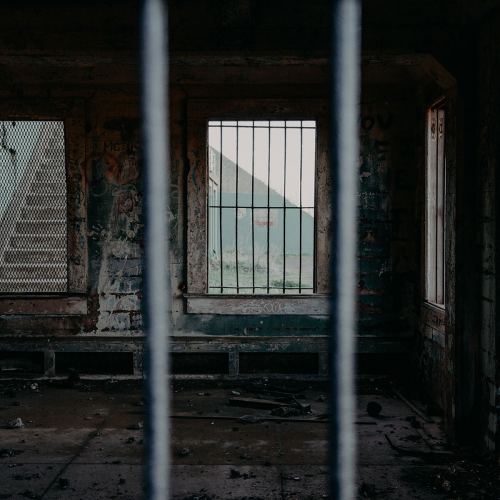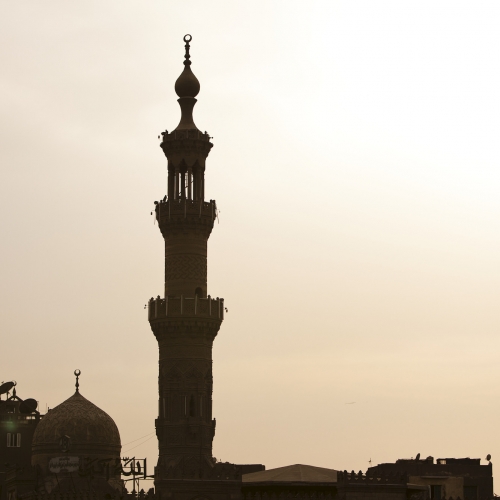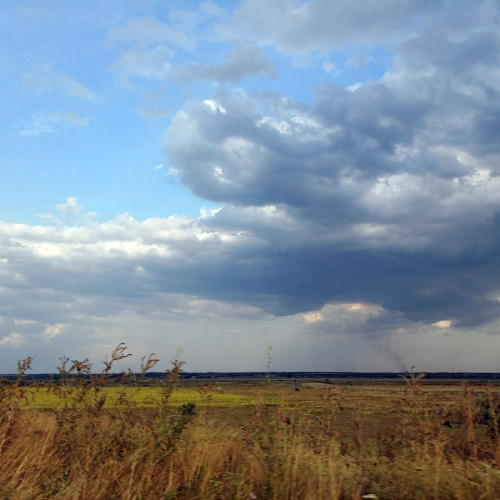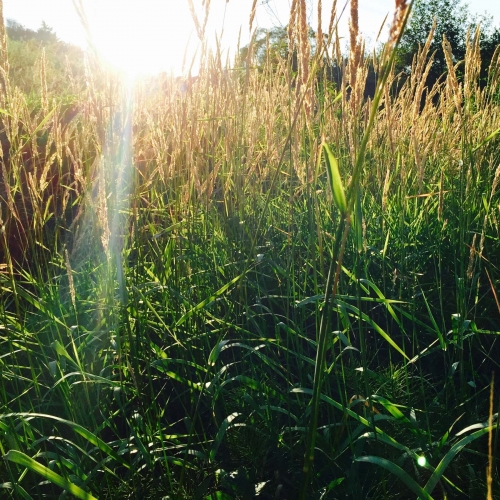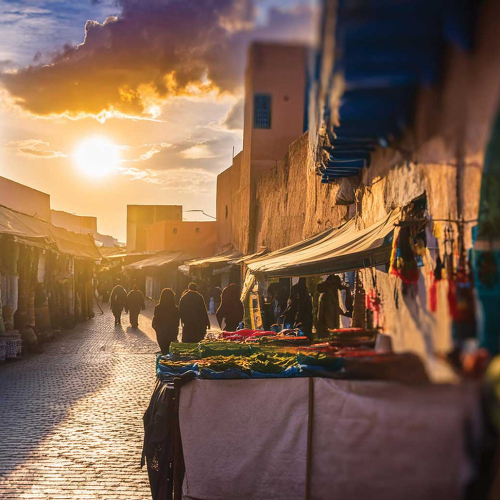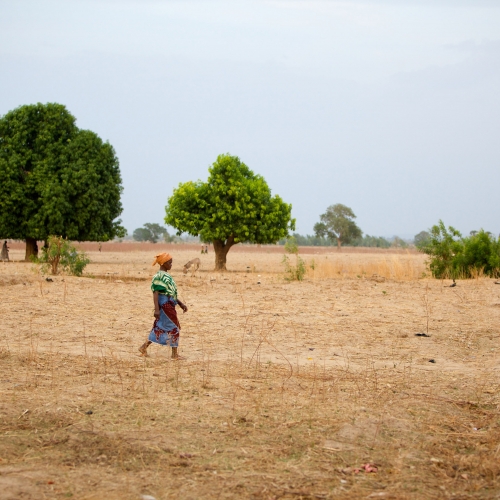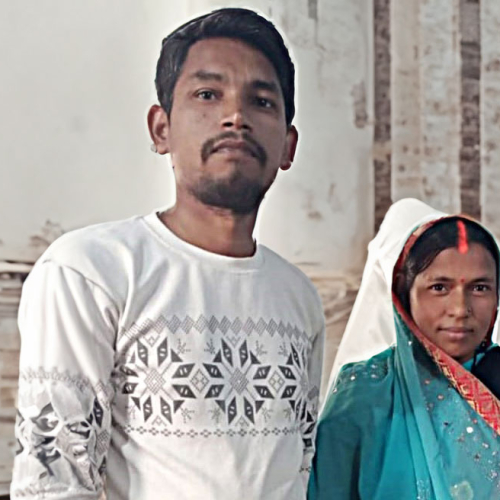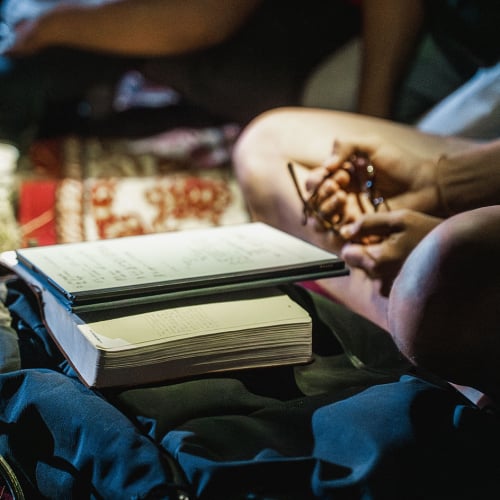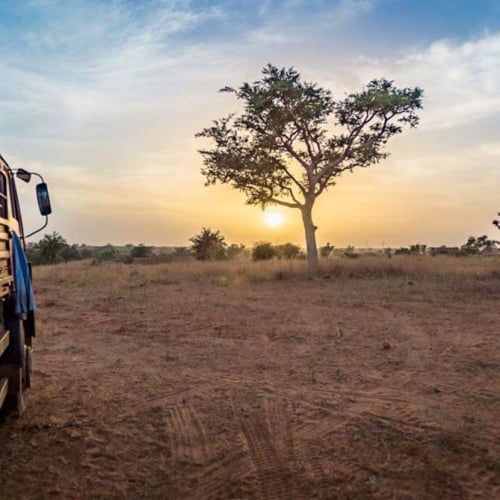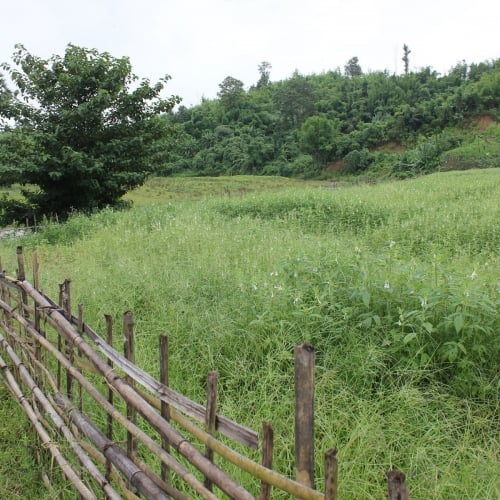Manuel Bohm serves with the Peace and Reconciliation Network of the World Evangelical Alliance. He is from Germany but lives in Canada with his wife, Valerie. This past summer, Manuel participated in a peace camp in one of the most war-torn regions of the Middle East. At the weeklong event, he was joined by forty other international volunteers and fifty-two local participants who came from a wide variety of ethnic and religious backgrounds. They lived together, shared their lives and stories, and walked through a curriculum focused on practical peacemaking. In this interview with Mark JH Klassen, Manuel tells about his experience and shares his heart about this unique model of mission.
Mark: What motivated you to take part in a peace camp in the Middle East?
Manuel: War has ravaged this part of the world, and many of the survivors are desperate for peace, especially the young people. In my work, we’re trying to connect people from around the world who are involved in peacemaking. We want to share resources and bring together those who need peace with those who know how to bring peace. When I visited the region for the first time last year, I met people who had endured terrible violence and trauma; I heard some of their stories, but I wanted to learn more. So I came back this summer to be involved in the peace camp in hopes that I would really get to know people and grow in my understanding of what it takes to make peace in a place like this.
Mark: Were your hopes fulfilled?
Manuel: Yes, it was an amazing week and I feel like I developed deep friendships with some very precious people. I was surprised how quickly we were able to bond as participants. I lived in an apartment with four roommates, young men who were from different countries, different religions and spoke different languages. When the camp began, we didn’t know each other but, after the first day, one of them said to me, “We are family.” Every morning, we ate breakfast together in our apartment. Some of us cooked and some did the dishes. When you share your lives together like that, it doesn’t take long to build strong relationships.
Mark: Was it ever awkward?
Manuel: When we first walked into the apartment, there was just one double bed in one of the rooms. Three of our roommates took the three single beds in the other room, and I was left standing there with this young guy. We were from opposite sides of the world and we had just met for the first time, and now we were expected to share a bed! But we did, and then soon afterward we found out that we also shared the same faith in Jesus. Before long, we were praying together for the city and the region where we were. I prayed in English and he prayed in Arabic. It was very special.
Mark: What was most profound about your peace camp experience?
Manuel: Definitely the relationships. It didn’t matter who you were or where you were from, you were loved and accepted by the whole group. Everyone belonged. And the joy that resulted in the hearts of participants became very noticeable. On the third evening of the camp, the whole group went on an outing to an amusement park. It was amazing to see how the group stuck together and enjoyed each other’s company in public. When there was music playing in the park, the participants began to dance and celebrate together. It was such a beautiful expression of joy that other people in the park began to watch. They were awestruck to see such a diverse group of youth dancing together. People took out their mobile phones to record it. Where did this joy come from? It was the joy of deep relationships.
Mark: Did people express sorrow and pain as well?
Manuel: Yes, there were tears. It was really important for us to create a safe atmosphere for everyone, so that we could really be ourselves and share our burdens. Many of the participants shared stories of pain and loss in the war and the persecution. They talked about family members who had been killed or kidnapped. They felt so open that they shared what was heavy on their hearts and it touched people. And then these conversations continued in the smaller groups and in the rooms, and people felt very free to ask questions and share more.
Mark: What was the most challenging thing about the camp experience?
Manuel: I’m a German, so sometimes I would say in my mind, “You can’t do that. What about the schedule?” But I learned that it’s not about the schedule, it’s about the heart. We can talk about strategy and capacity, but if the heart is not connected, then it doesn’t matter. So I learned to be flexible. It’s not about being on time, or doing this lesson at this point. Learning is dynamic. The foreigners need to pay attention to the cultural mindset of the local people. Leaders need to be sensitive to how people are learning. I remember at one point, one of the participants stood up and said, “I have a better idea,” and we all listened to him. Everybody was equal.
Mark: Would you recommend this experience for others?
Manuel: I would highly recommend it! I especially want to see more Christians coming and being a part of these peace camps. Sometimes in our churches we think that it has to be done in a certain way, and if we don’t see it happening that way, we don’t do anything at all. We need to overcome that obstacle. We need to learn how to walk together with those who are different from us, because our countries have now become so multicultural. We can meet these same people from the Middle East in Canada and Germany who have suffered in these conflicts. Will we share the message of peace with them?
Mark: What about local churches in the Middle East?
Manuel: I think it’s so important to equip local churches in these settings with the tools for peacemaking. We need to encourage them and let them see what is happening in these peace camps. The local church was represented at the camp, and these local believers will be involved in ongoing peacemaking efforts with this broader family of peacemakers. But I really hope that they will spark a fire in their churches and their churches will get more involved in peacemaking. The Church needs to reach out to their neighbors with an open hand and say, “Let’s accept each other. Let’s be who we are. Let’s learn from each other, me from you and you from me.” That’s when the door opens to share the Gospel and speak about our relationship with the Prince of Peace. But first we seek to listen and understand, and we serve with an open heart. We need to be courageous, but humble. We need bold humility.
Mark: Is the global Church ready to embrace this peacemaking opportunity?
Manuel: I hope so. As followers of Jesus, we have something unique to offer the world when it comes to peacemaking. The life and teaching of Jesus is respected in this context, so we have an opportunity to share openly. Parts of the Gospel message, like forgiveness and reconciliation, are integrated into the curriculum and presented in the sessions. But it’s in the conversations afterward when the deeper questions are asked, in the evening when you’re on an outing or at night when you’re lying in bed. That’s when you need to live and breathe the message of peace. That’s when you get the opportunity to really share your heart and speak about your faith in Jesus.

